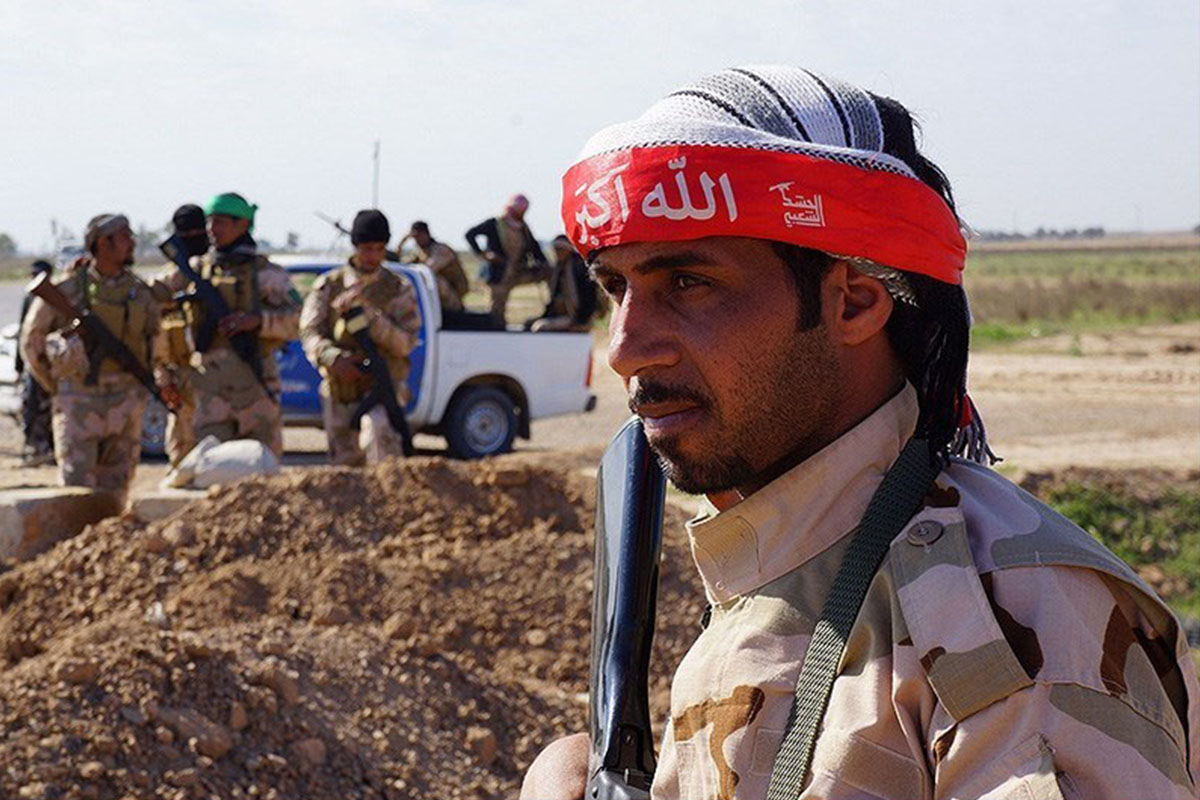UN: Thousands of People Displaced from Kirkuk
Kurdish provinces in northern Iraq face new humanitarian challenges as thousands of people are displaced from Kirkuk, following the central government's control of the diverse area on Monday.
"Our humanitarian colleagues in Iraq tell us that military movements in northern Iraq have displaced of thousands of families from Kirkuk since yesterday evening," said Stephane Dujarric, the spokesman for the UN Secretary-General, on Monday.
Kirkuk city, the capital of the diverse province, has been home to Kurds, Turkmen, Arabs, and other groups. It came under the control of Kurdish Peshmerga in 2014 after the rise of ISIS. Shiite Hashd al-Shaabi and the Iraqi army took over the city on Monday.
"The exact number of people who have been displaced is still being confirmed," said Dujarric.
Kurdish volunteers were active on social media, gathering food and water donations for families who had fled Kirkuk into Erbil and Sulaimani provinces.
AFP reported that some people who fled Kirkuk on Monday were returning on Tuesday.
Interim Kirkuk Governor Rakan Ali al-Jabouri urged residents of Kirkuk to return as quickly as possible to protect their properties from looting.
Prior to the troop movements, some Kurdish officials had called on residents to take up arms to defend the city.
"Two civilians have also been caught in crossfire at a displacement camp in Kirkuk Governorate," Dujarric said.
Throughout the three-year war with ISIS, the Kurdistan Region has sheltered around 1.8 million displaced Iraqis and Syrian refugees. Over the past months, civilians from Hawija fled into Kurdish areas and ISIS militants were encouraged to surrender to Peshmerga forces.
Hundreds of thousands of the displaced Iraqis were a part of the country's dwindling Christian community, some of whom have recently returned to their homelands in Nineveh province.
On Tuesday, some of the Christians returned to Erbil, according to local community groups.
Dindar Zebari, the head of the Kurdistan Regional Government's High Committee to Evaluate and Respond to International Reports, tweeted that residents in Kurdistan are "deeply disappointed."
"The unresponsive attitude from the INGOs towards the crisis has deeply disappointed the residents and the people of Kirkuk and Kurdistan," wrote Dindar Zebari in a tweet, referring to the international response by the organizations.
He added that the international community "must realize that people are fleeing out of fear and the instability" caused by the paramilitary units (PMUs).
The PMUs, primarily comprised of Shiite militias including the Hashd al-Shaabi, were formally brought under the umbrella of the central government in December 2016.
Kurdish officials have warned of Iraq returning to sectarianism, undoing "unprecedented" cooperation between Kurdish and Arab forces in retaking areas overrun by ISIS.
Source: Rudaw

